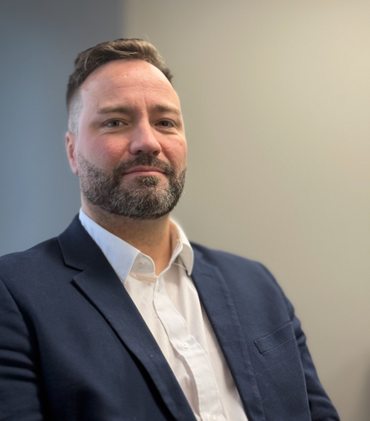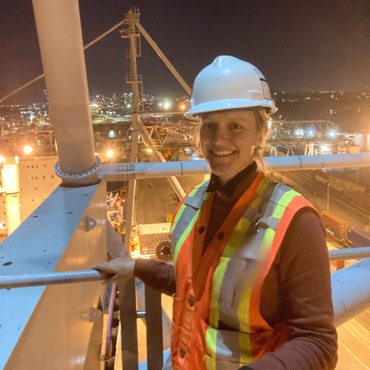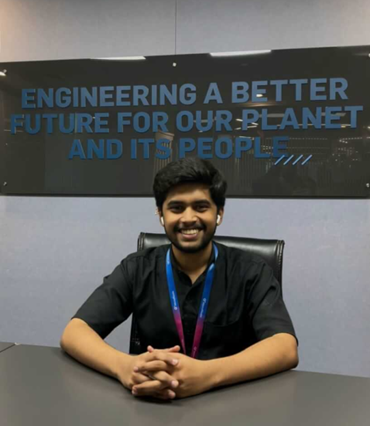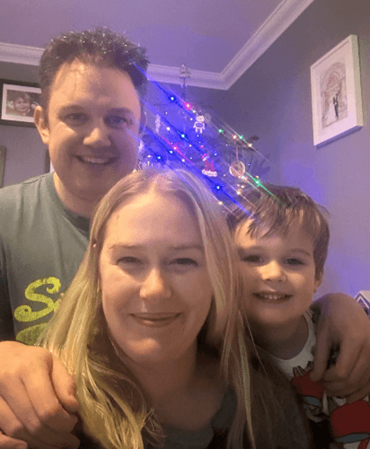Let’s find your next opportunity
AI Assistant: {{ chat.assistant.message }}
Suggested roles matches
Sort By
{{ job.job_posting_title }}
{{ job.is_cms_job ? (job.cities.split(';').length > 1 ? 'Various locations' : job.location_mappings[0]) : (job.location_mappings.length > 1 ? 'Various locations' : job.location_mappings[0]) }}
We are sorry there are no jobs that match your exact criteria. Try a new search term, or use the filters to continue browsing for available opportunities.
Suggested roles matches
{{ job.title }}
{{ [job.cities[0], job.regions[0], job.countries[0]].join(', ') }}
Various locations
We are sorry there are no jobs that match your exact criteria. Try a new search term, or use the filters to continue browsing for available opportunities.
Let’s find your next opportunity
{{ job.job_posting_title }}
{{ job.is_cms_job ? (job.cities.split(';').length > 1 ? 'Various locations' : job.location_mappings[0]) : (job.location_mappings.length > 1 ? 'Various locations' : job.location_mappings[0]) }}
What are the core responsibilities of a senior project manager?
Senior project managers oversee and lead the planning, execution, and successful completion of complex projects, ensuring alignment with organisational objectives while managing resources, timelines, and budgets.
At AtkinsRéalis, we are looking for project management professionals to lead the attainment of our goals; satisfied clients and great outcomes.
Our colleagues have the advantage of access to a wide-ranging training portfolio and development activities designed to help make the best of your abilities and talents. Here are some key responsibilities you can expect as a project manager:
- Provide high-quality project and programme management standards across the whole project lifecycle.
- Advise clients on the project cost, programme, risks and issues.
- Lead and manage multi-disciplinary professional teams.
- Lead communications and relationships with clients and their stakeholders.
- Produce monthly reports including project programmes, risk registers etc.
- Implement effective and efficient communication tools.
- Develop delivery plans for projects, involve others and ensure objectives are met.
- Challenge the status quo and perform to a high standard in changing environments.
- Constantly pursue performance improvement.
What makes a good senior project manager?
Good senior project managers are equipped with soft and hard skills which enable them to navigate through projects and address challenges with ease:
- A recognised project management qualification with APM, RICS, or similar - ensures a solid foundation in best practices, methodologies, and ethical standards, which are essential for effective project management. We also value technical engineering backgrounds so if you don't have a project management qualification, do not hesitate to apply. We can support you in achieving these qualifications and advancing your career further.
- Leadership skills - it would be beneficial to have had experience in leading and managing a multi-disciplinary team and possessing the ability to guide your team towards achieving a common goal
- Knowledge and application of best practices in project management methodologies to ensure successful project delivery and meet client expectations.
- Knowledge of pre and post-contract project management responsibilities.
- Ability to manage a project throughout its lifecycle - ensuring that projects stay on track, meet objectives, and are completed within specified timelines and budgets.
How to progress into senior project management
Transitioning into senior project management often involves a strategic career shift from a technical or engineering role.
At AtkinsRéalis, we recognise and support this attractive career path by fostering opportunities for professionals to pivot into project management roles.
Making this transition involves acquiring specialised project management qualifications, such as those from APM or RICS while leveraging existing technical expertise.
We provide a supportive environment, offering mentorship, training, and growth opportunities to facilitate this career progression so you can smoothly transition into senior project management roles.
Senior project management best practices
Senior project managers work on complex projects that have various moving parts that need to be monitored, managed, and successfully completed. Here are some advanced best practices so you can keep things running smoothly:
Understanding interdependencies
Interdependencies are where a task won't be possible without the completion of other tasks. Understanding task interdependencies can eliminate wasting time and resources and ensure your team have the things they need to complete the project.
How to manage scope creep
This refers to uncontrolled expansion or changes in a project's scope without corresponding adjustments to time, budget, or resources. It often occurs due to evolving requirements, unclear objectives, or inadequate stakeholder management.
To manage scope creep effectively, project managers must establish robust change control processes. Implementing a formal change request system where all adjustments undergo evaluation and approval is essential to mitigate scope creep.
Additionally, maintaining a proactive stance by continuously monitoring project scope and addressing deviations promptly ensures better control over potential scope changes and their impacts on project outcomes.
What are corrective action procedures?
Corrective action procedures entail identifying the root cause of issues, analyzing their impacts on project deliverables, and developing strategies to address them effectively.
Project managers outline possible deviations that can improve project performance, ensuring that the project remains on course to achieve its desired outcomes within the defined constraints.
Explore senior project management jobs with AtkinsRéalis
Expand your career on some of the industry's most exciting and newsworthy construction projects – from Sizewell C to the world's tallest hotel, London's Heathrow Airport to Europe's first eco-friendly mosque.
You'll enjoy invaluable exposure to international expertise as well as innovation in local niche areas.
Explore our senior project manager jobs today.
Related blogs
Related jobs

Everyone belongs
We empower each individual to shine and contribute to our collective impact. We believe in the power of unique perspectives. It’s how we’re engineering a better future every single day.













